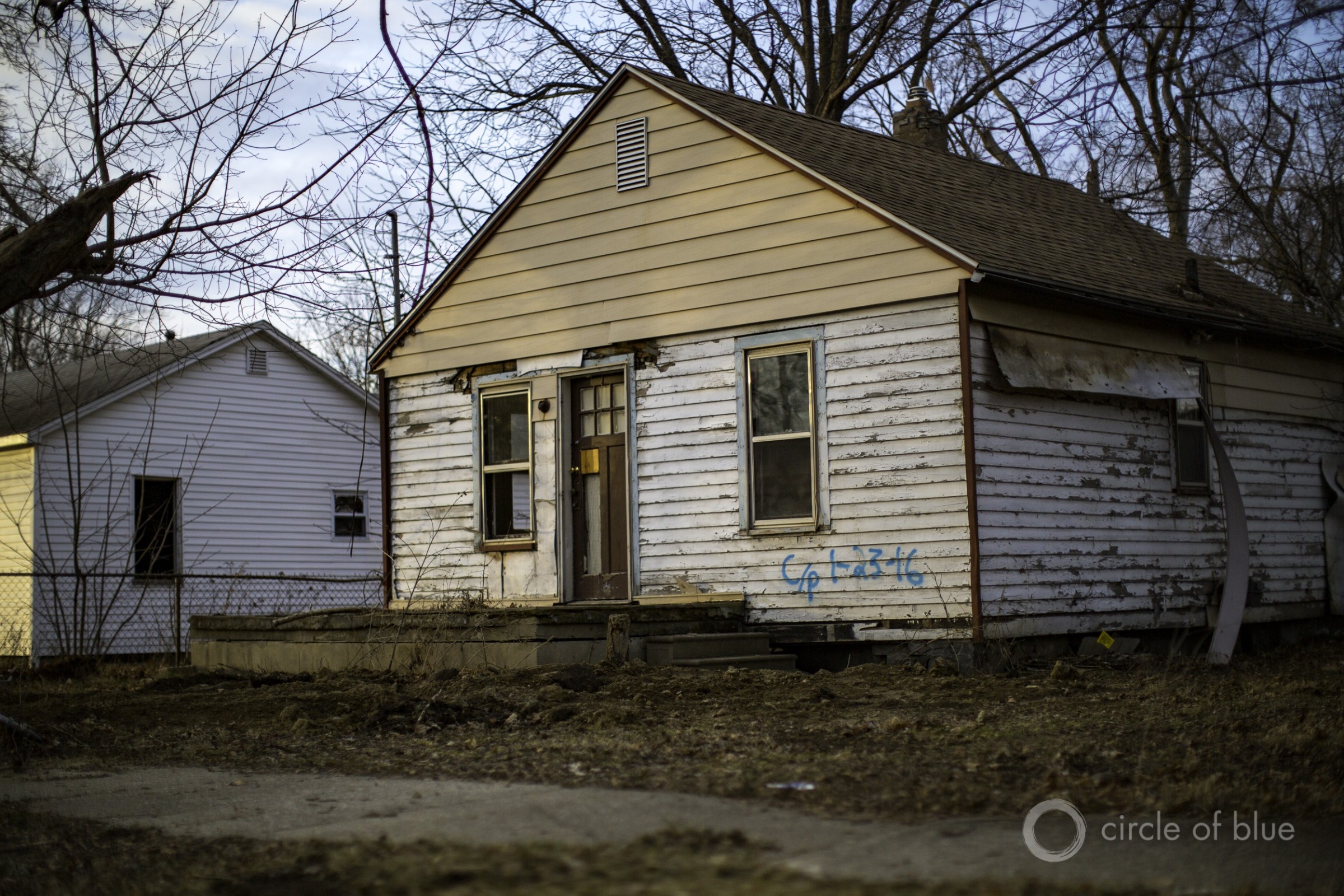
Let Them Stay
Admin 0 Comments Uncategorized
I worked in Jordan, which is an Arab country in southwest Asia. Jordan is bordered by Israel to the west, Syria to the north and Iraq to the east. I lived in a tent with 100 other women. There was one showering facility to accommodate all the women on the site. Inside of the shower facilities were Ten shower heads, for all the women on the site. Approximately 134 women resided on the site, so easy math will show that we did not have an adequate living arrangement.
I am sharing this in a sense of an after-action review. My complaints were constant and loud, but I am now realizing one important thing. I had a structure to live in where I felt safe, and I never had to worry about whether I’d have a place to lay my head. My arrogance and spoiled nature allowed me to think a living condition could not get any lower. I failed to remember that everyone does not have the privilege of residing in a structure. In fact, some people are turned away from housing because of their social, economic, racial, or justice involved status. This type of discrimination is calculated to promote a false sense of safety in certain communities. “The primary purpose of disparate impact liability is to eliminate the “artificial, arbitrary and unnecessary barriers,” without hindering legitimate interest”. Yet barriers are still in place that make it impossible to obtain suitable housing for some people.
Housing should be a basic human right. Unfortunately, this is not the case more specifically impossible for formerly incarcerated persons. It’s odd how much money is dumped in the prison system to keep beds full, but not much is done to keep homes filled when they return home. Society judges those who enter the prison system, and twice as much after they have paid their debt through time. Having a criminal record should not give a lender the right to deny an application. “Around 50,000 people go directly to the shelter after being released from prison. And people who have spent time in prison are nearly 10 times more likely to face homelessness’’. This issue disproportionately affects members of the black and brown community, which is exactly who it is intended to Affect. We must learn to remember these people have paid the debt and are no longer prisoners. Fair housing should be fair for everyone regardless their race, sex, disability and especially those with criminal backgrounds. Fair, affordable and low-income housing should not mean uninhabitable, slum, cramped space or near danger housing. Changing the minds of those who are the gatekeepers of housing is paramount to the movement towards a stronger America.
Written by: Tesia Davis